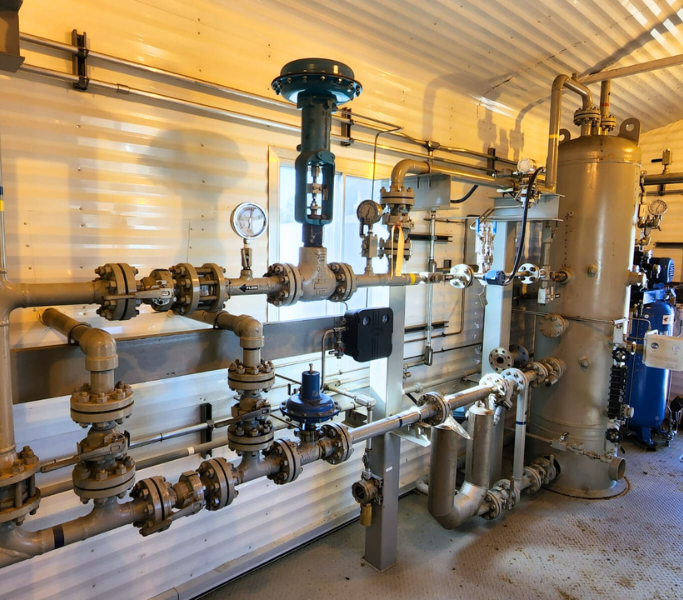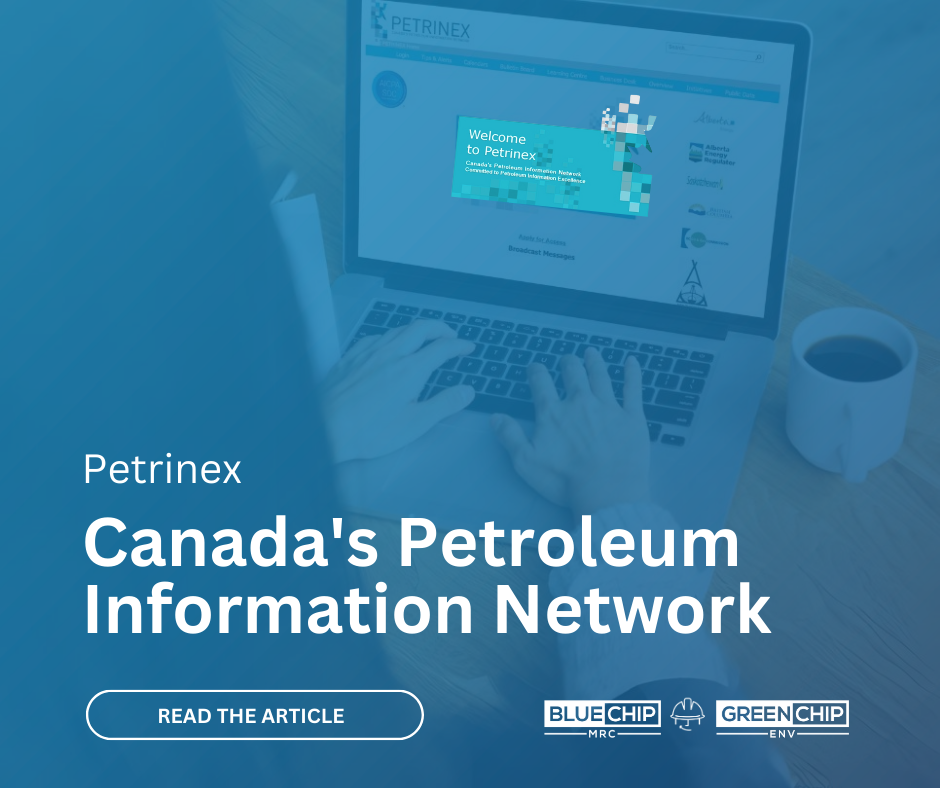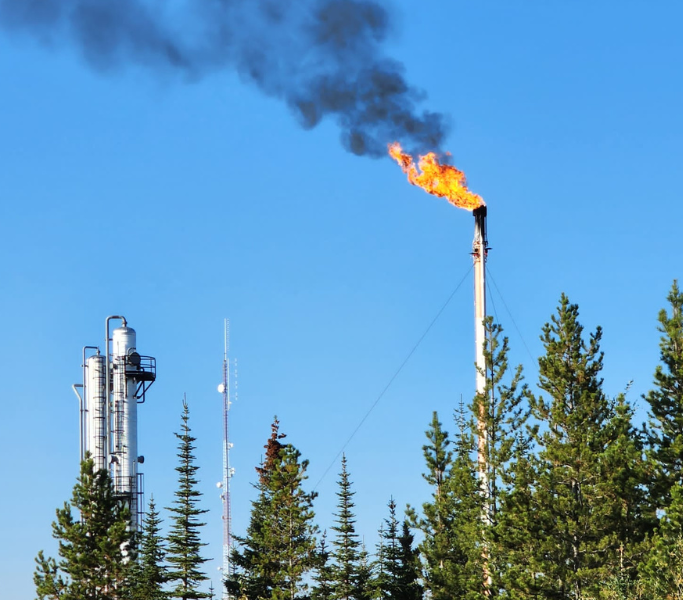Last week, the Alberta Energy Regulator (AER) made a significant announcement that has the potential to transform how companies within the energy sector manage their compliance responsibilities. The AER introduced a new Voluntary Self-Disclosure Form, a tool designed to encourage companies to take a proactive stance in identifying, reporting, and correcting any noncompliance. You can access the form here.
What is Voluntary Self-Disclosure?
Voluntary Self-Disclosure (VSD) is a mechanism that allows companies to self-report noncompliances to the AER. This process is designed to foster a culture of accountability and responsibility, where companies are encouraged to take the initiative in managing their compliance with regulatory requirements. The core expectations from the AER when a company finds a noncompliance are:
- Correct or address the issue.
- Shut down operations if necessary to mitigate risks.
Benefits of the Voluntary Self-Disclosure Form
- Enhanced Regulatory Compliance: The new VSD form helps companies streamline the process of reporting noncompliances. By making it easier to disclose issues voluntarily, companies can ensure they remain compliant with regulations, thereby avoiding the potential for more severe penalties or enforcement actions.
- Proactive Risk Management: By identifying and addressing noncompliance’s early, companies can mitigate risks to the public and the environment. This proactive approach can prevent minor issues from escalating into major incidents that could result in significant harm and liability.
- Building Trust and Credibility: Companies that voluntarily disclose noncompliance’s demonstrate a commitment to transparency and accountability. This can build trust with regulators, stakeholders, and the public. It shows that the company prioritizes safety and compliance, which can enhance its reputation and credibility in the industry.
- Potential for Reduced Penalties: The AER may take a company’s proactive disclosure and corrective actions into account when determining enforcement actions. This means that voluntarily reporting and addressing noncompliances could result in reduced penalties compared to if the noncompliance were discovered through an inspection or incident.
- Operational Improvements: The process of self-disclosure requires companies to closely examine their operations and identify areas for improvement. This can lead to operational efficiencies and better overall performance, as companies implement corrective measures and prevent future noncompliance’s.
- Better Environmental and Public Safety Outcomes: By encouraging companies to address noncompliance’s swiftly and effectively, the VSD form supports better outcomes for environmental protection and public safety. Companies can take immediate actions to mitigate risks, reducing the potential for harm.
- Legal and Financial Advantages: Avoiding legal battles and fines associated with regulatory breaches can save companies significant amounts of money. Voluntary self-disclosure can also protect companies from the financial and reputational damage that can result from enforced shutdowns or penalties.
The AER’s new Voluntary Self-Disclosure Form represents a forward-thinking approach to regulatory compliance in the energy sector. By encouraging companies to proactively identify, report, and correct noncompliance’s, the AER aims to foster a safer, more accountable industry. The benefits of using this form are numerous, from enhanced compliance and risk management to building trust and reducing penalties. For companies committed to excellence in operations and safety, the VSD form is a valuable tool in achieving these goals.
By embracing this new initiative, Blue Chip and our regulatory specialists can help you stay ahead of regulatory requirements. Reach out today to learn more info@bluechipmrc.com




